skip to main |
skip to sidebar
THE ARCHIVE'S PURPOSE :)
"Culture is what is created, performed, negotiated, disseminated in everyday lived experience – from cooking to folklore, from cinema to music, by the bourgeoisie and the fellaheen. In that sense, much of what we do is the process of creating culture, but given Palestinians’ political condition, their cultural praxis – whether of the everyday, the institutional, the mundane, or the monumental – is an act of resistance, because it de fact attempts to reverse Golda Meir’s fiat that Palestinians do not exist.
"More complicated than that, it attempts to negate subjugation and silencing. Palestinian culture is the attempt to re-voice the silences of the witnesses, victims, and historical ‘losers’ (i.e.,Palestinians) to ‘re-write’ the historical truth of events in Israel/ Palestine, before and afer 1948...
"The ramifications of the political on Palestinian culture are formidable. It is no wonder then, as Edward Said explains, that even the most private forms of cultural expression are political: ‘there is no necessary contradiction between aesthetic merit and political themes. In the Arab and specifically the Palestinian case, aesthetics and politics are intertwined’ (2003: 163–4).
"Due to ever-present repression, obstruction, control, surveillance and silencing, the task of Palestinian culture has become the negotiation between the everyday and the extreme, between the continuation of normalcy (as all cultural expression somewhat is) and a battle against eradication. Resistance is imperative.
"Consequently, Palestinian cultural expressions serve multiple political functions: a mnemonic device, an elegiac operation, a testimony, a form of self-identification, a voice for mobilization. They are not simply about the transformative power of culture to liberate Palestine from colonial occupation, but about resisting annihilation.
"What Palestinian cultural studies scholars are doing then is keeping a record of creative expression and life under political conditions that would normally result in a people’s erasure"
(Helga Tawil-Sour: "The Necessary Politics of Palestinian Cultural Studies" in Tarik Sabry (ed) Arab Cultural Studies: Mapping the Field)









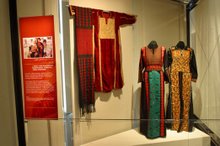






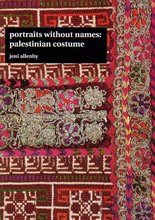
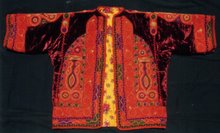
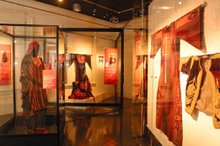
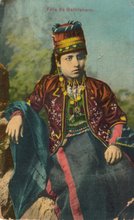

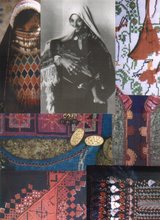













No comments:
Post a Comment